There are only 6 good companion plants for fennel in this list. Oddly enough there are more bad companion plants for fennel than there are good.
Fennel is a species of flowering plant belonging carrot family. It is a hardy perennial plant with feathery leaves and yellow blooms. It is a flavorful herb that is used in cooking alongside similar-tasting anise.
Fennel is extensively planted both in its native habitat and outside, for its delicious, highly flavored leaves and fruits. Fresh, dried fennel fruit is green or brown in color, gradually fading to a drab grey as it matures. Green fennel fruit is best for cooking.
Many culinary traditions around the world use the fennel plant’s foliage, bulb, and fruits. It’s also used as a medicine, food, and insect repellent. Dried fennel fruits are generally used in tiny quantities as a spice.
Fennel grows best in warm weather and requires an open, sunny location with fertile, moist but well-drained soil. It dislikes direct sunlight and would struggle if the soil become soggy.
It is susceptible to a variety of fungal diseases, such as Cercospora leaf blight, powdery mildew, and rust, as well as pests, such as aphids, cutworms, armyworms, and root-knot nematode.
Although it is difficult to believe that Fennel could have companion plants, some plants benefit from Fennel’s ability to deter insect pests, thus increasing yield and growth.
So In this Article, We will be looking into Six (6) Good Companion Plants of Fennel and Twelve (12) Bad Companion Plants of Fennel and the Reason behind classifying them as Good or Bad Companions.
Table of Contents
Good Comparisons Plants for Fennel
1. Dill
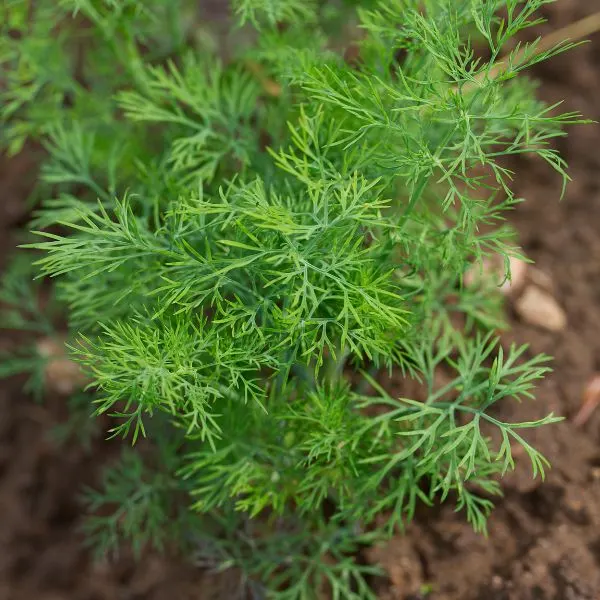
Dill is a celery family annual herb. Like caraway, Dill’s pungent fern-like leaves are used to flavor numerous cuisines, including gravlax (cured salmon) and other dishes. Dill is best used fresh since it loses taste quickly when dried.
Dill draws helpful insects such as wasps, caterpillars, and bees to your garden, increasing the activity of pollinators on your fennel plants, which need insect pollination.
True, Dill is a plant that can coexist with Fennel and has a beneficial effect on its seeds. The only issue is that cross-pollination between both plants is possible, resulting in a hybrid plant that is likely to taste bad, so keep this in mind when planting them together.
2. Lemon
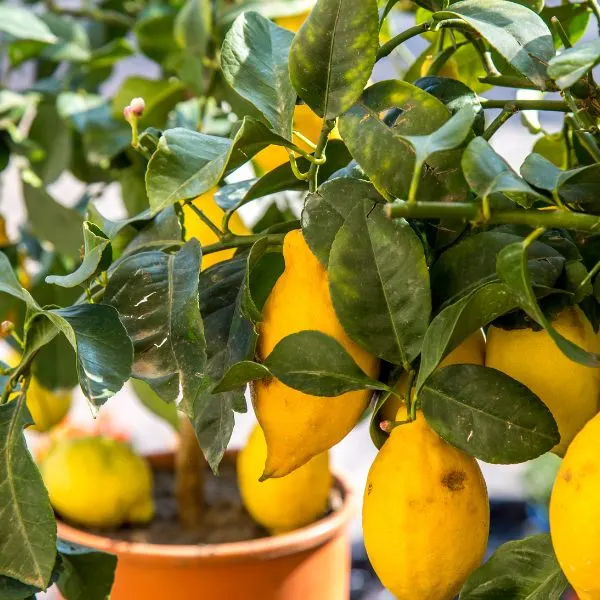
The lemon is a species of a small evergreen tree in the flowering plant family. Its ellipsoidal yellow fruit is used worldwide for culinary and non-culinary purposes, primarily for its juice, which has both culinary and cleaning properties. Both the pulp and the rind are used in cooking and baking.
Growing Fennel next to your lemon tree is the greatest approach to fend off snails and slugs when you realize that you are having issues with them in your yard.
Slugs and snails are unpleasant to have in the yard, especially if you are growing crops; thus, Companion Planting Fennel will be an excellent way to protect them from attacking your Lemon plant since Fennel is a snail and slug repellent.
Aside from that, it can also be used in the kitchen as a spice with lemon and other vegetables.
3. Lettuce
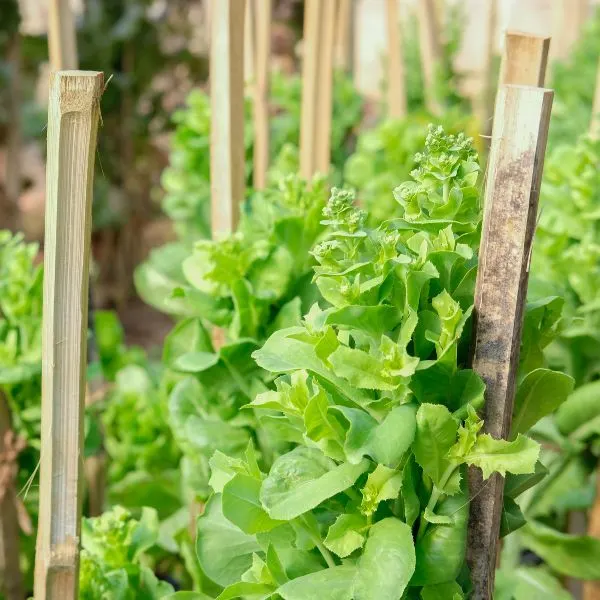
Lettuce is an annual plant, and It is most commonly grown as a leaf vegetable, but it is also grown for its stem and seeds. Lettuce is most commonly used in salads and can also be found in soups, wraps, and sandwiches, and it can also be grilled.
Planting lettuce next to Fennel may help it grow better because Fennel deters lettuce bugs and keeps them from harming the lettuce foliage.
Furthermore, because lettuce and Fennel do not cross-pollinate, planting them together will not jeopardize your harvest. You only need to be concerned about Fennel overspreading, which is uncommon when planted next to lettuce.
4. Mint
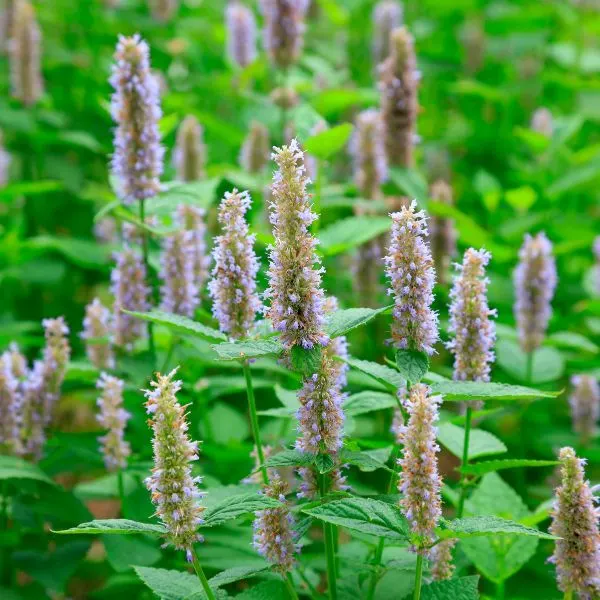
Mint is one of the members of the Lamiaceae family of flowering plants, many of which are fragrant in all parts and include popular culinary and therapeutic herbs.
Mint is a wonderful companion plant for Fennel since both Fennel and mint can be invasive; thus, they compete. When mint spreads, it stops Fennel from spreading and vice versa.
Moreover, because these plants cannot cross-pollinate, you won’t be worried about poor-quality hybrid plants the following season. However, mint requires more soil moisture than Fennel does, which may affect the growth of your fennel plant, so keep this in mind when watering these plants.
5. Peas
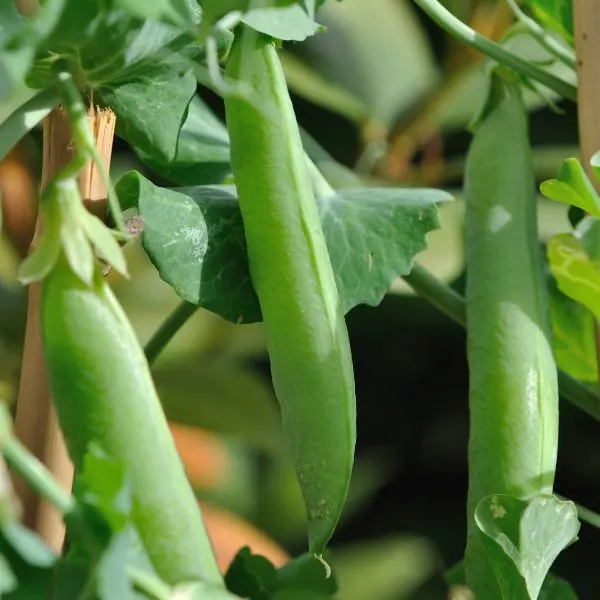
The pea is most typically the flowering plant’s little spherical seed or seed pod. They are often boiled or steam-cooked, dissolving the cell walls, improving the flavor, and increasing the nutrients’ bioavailability.
Fennel is an excellent companion plant for peas because it repels pests and helps your peas grow healthier, increasing yield.
Fennels also attract beneficial insects and pollinators, which can assist improve pollinator activity in your pea patch.
However, since Fennel may be invasive, it is critical to monitor the plants and prevent Fennel from spreading.
6. Sage
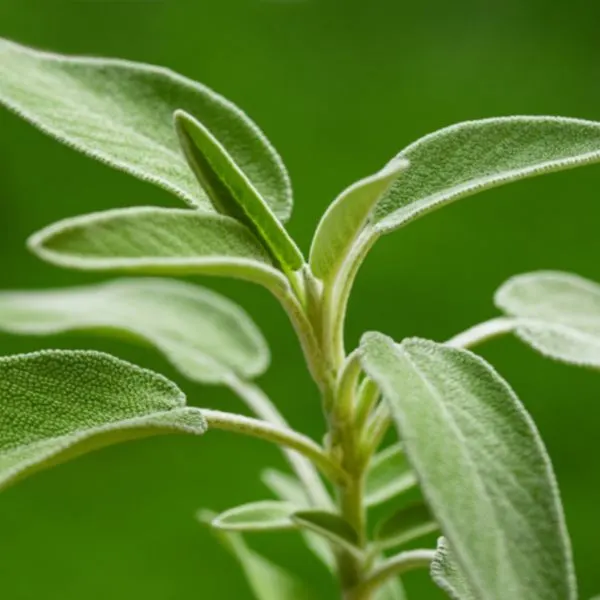
Sage is one of the members of the mint family and is commonly used in culinary herbs.
Because Fennel is also an aromatic plant, it is a good companion plant for sage in the garden because the two plants complement each other.
They cannot cross-pollinate, and Fennel should not overpower your sage, though this can occur when Fennel is the companion plant, so keep an eye out for Fennel spreading out.
Bad Companion plants for Fennel
1. Basil
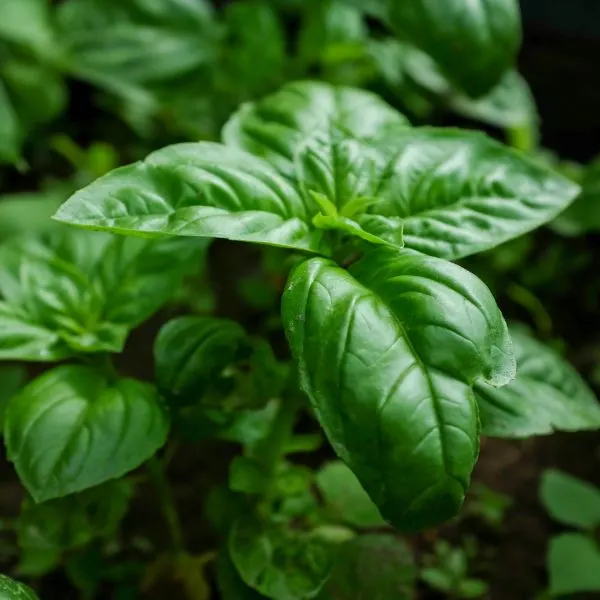
Although Fennel attracts beneficial insects, it should not be grown near Basil. Basil does not grow well with it.
It is a depressant that can stunt or even kill growth of Basil. That is why, while Fennel is relatively easy to grow, it is best grown separately from Basil.
2. Beans
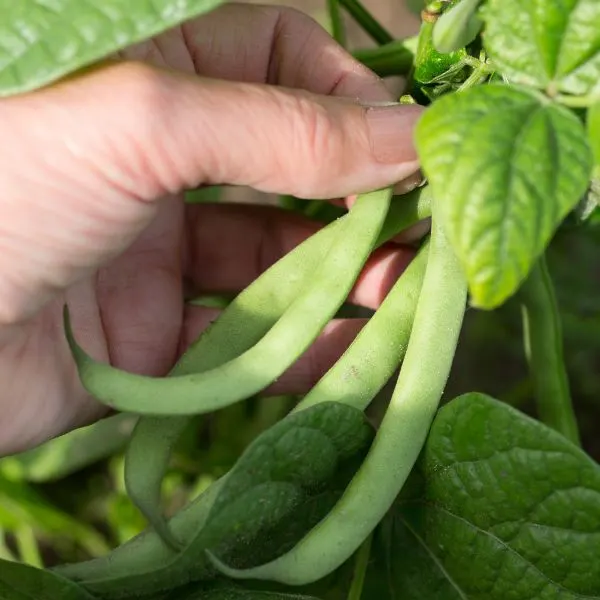
Fennel is known for his allelopathic nature and territorial attitude toward space, which made a very bad plant to plant next to Fennel.
Although beans can grow next to Fennel, their growth is likely to be disrupted, affecting the entire harvest. They will compete for space and nutrients, which will be detrimental to the harvest of both plants. This makes it an unsuitable companion for Fennel.
3. Caraway
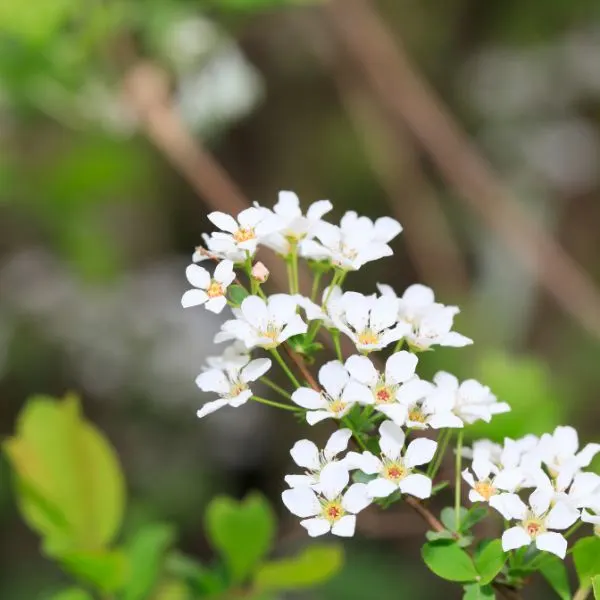
Caraway is a fragrant plant that is also known as meridian fennel. While planting it next to Fennel may seem like a good idea, planting a caraway next to this plant is not.
Due to the allelopathic nature of Fennel, when these plants are in close proximity, Fennel overpowers caraway and prevents its seeds from germinating. Because of this, you should keep these two plants as far apart as possible.
4. Cilantro
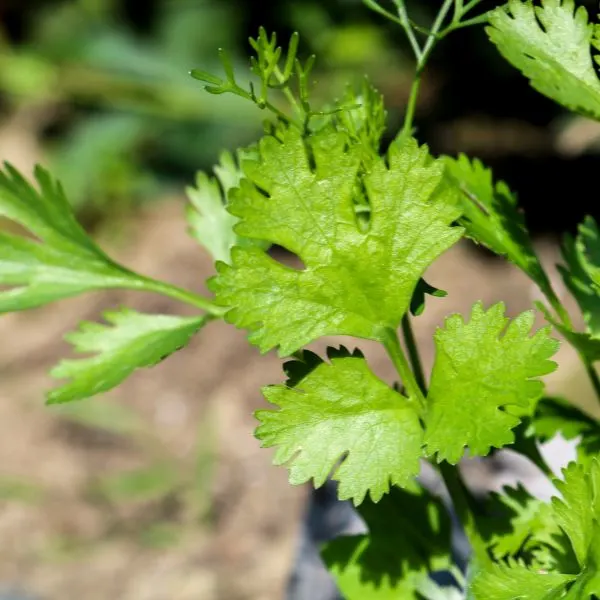
Because they compete for nutrients, these two plants do not make good companions. They’ll both end up with stunted growth.
The fennel plant secretes a natural chemical into the surrounding soil that successfully stops other plants from growing nearby, such as cilantro. Not only will your cilantro plants compete for nutrients with the Fennel, but they will also struggle to survive in the garden soil.
If you want both of these plants to thrive, it’s best to keep them apart.
5. Coriander
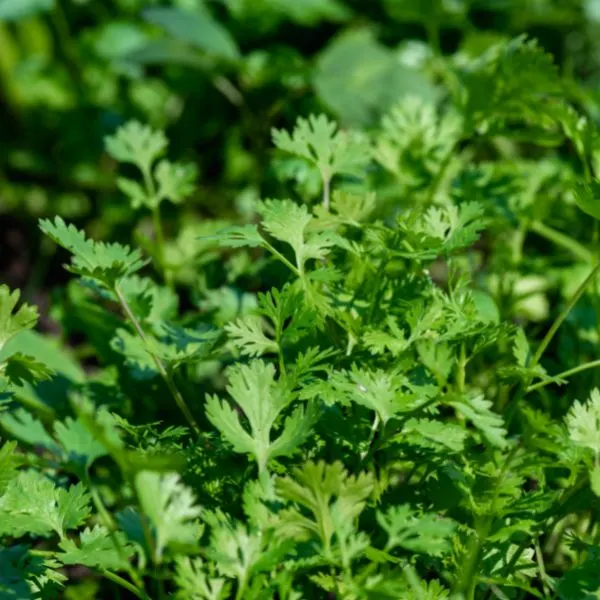
Coriander is another bad companion plan for Fennel because when coriander and Fennel are planted next to one another, both plants will inhibit the growth and development of the other plant, owing to Fennel’s Alleloparthic nature.
Fennel inhibits coriander germination, whereas coriander inhibits fennel germination. Furthermore, a fennel plant may not even yield seeds when grown with coriander. Coriander is thus an unsuitable companion plant for Fennel.
6. Cucumbers
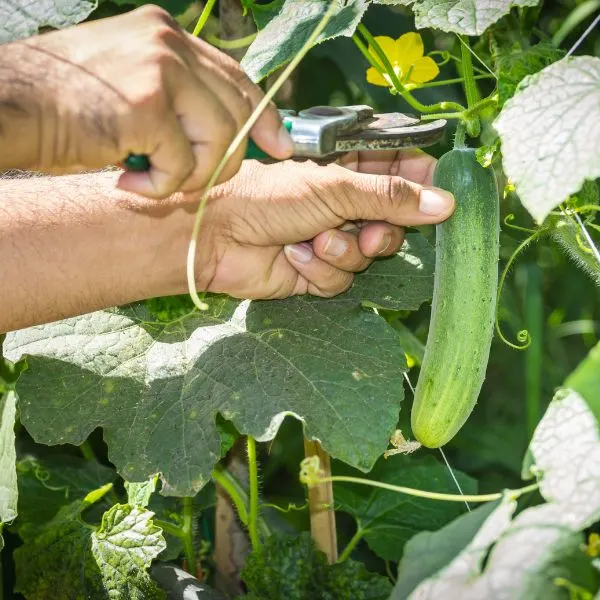
Fennel is an allelopathic plant, which means it emits substances into the soil that impede the development of nearby plants, such as juglone.
Fennel does not get along with other vegetables in the garden, so it is not recommended to grow it alongside them.
Although it attracts other beneficial insects, Fennel inhibits the growth of most vegetables. In some cases, fennel stunts or kills other plants completely.
7. Eggplants
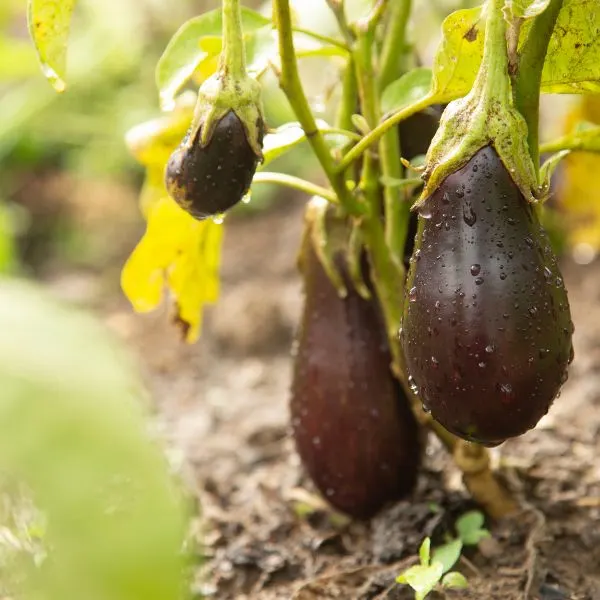
Fennel should be planted apart from eggplant. Fennel is widely recognized for impeding the development of numerous plants, including eggplant. They emit harmful substances into the soil, such as juglone, which inhibits the growth of surrounding plants.
8. Kohlrabi
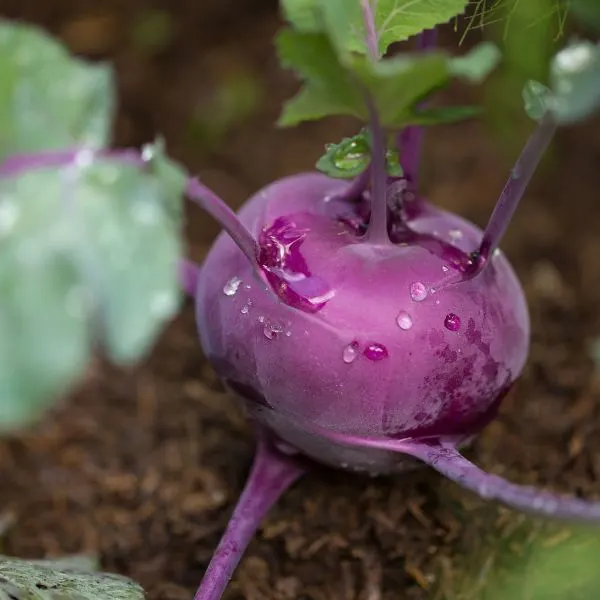
While herbs like rosemary and thyme are excellent partners for kohlrabi, Fennel detracts more than it adds. While its strong odor may cause some insects to become confused, this plant will always outcompete kohlrabi for growth. As with pumpkins, they were growing Fennel with kohlrabi yields very few brassicas.
9. Peppers
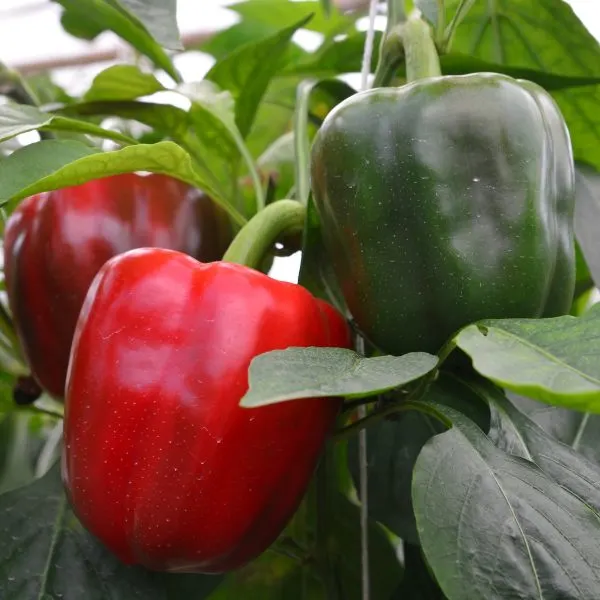
Similarly, mature fennel plants might inhibit the development of pepper plants. Swallowtail Butterflies, which lay eggs on pepper plants, are also attracted to Fennel. When the eggs hatch, they develop into caterpillars that feed on nearby pepper plants. Pepper is a Bad Companion for Fennel for this frightening Reason.
10. Potatoes
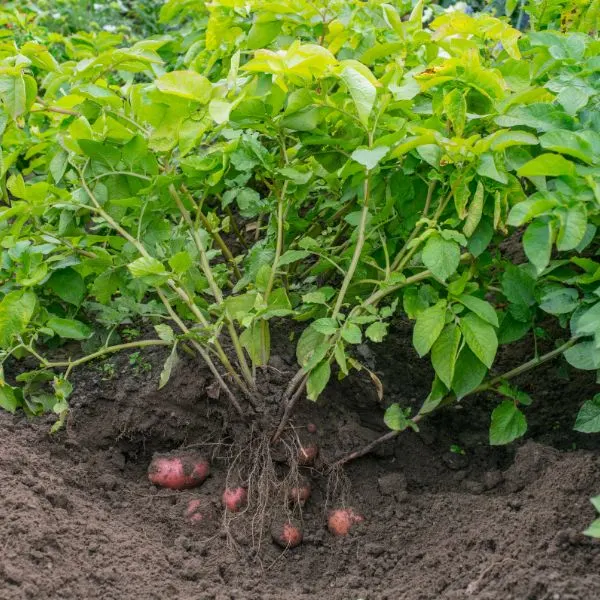
Fennel is a garden crop that does not get along with the majority of other vegetable garden plants. While it attracts helpful insects, it may also hinder the development of most other plants, slowing or even killing them totally.
11. Thyme
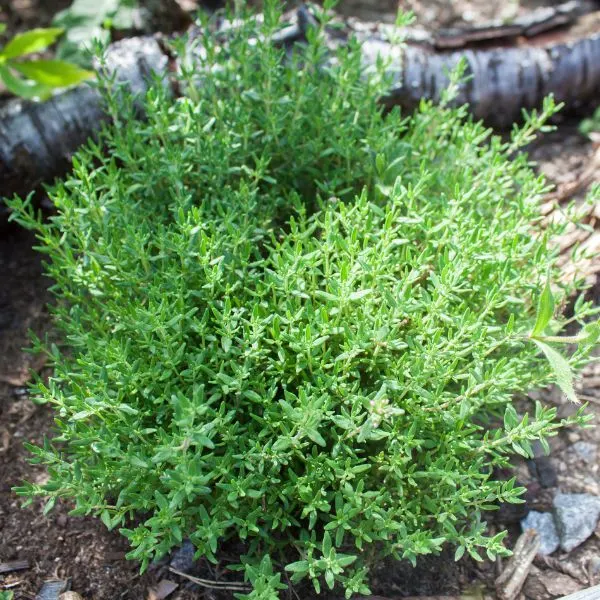
However, many individuals use Fennel in the kitchen to prepare a variety of recipes, mainly if they prefer various cuisines. Unfortunately, if you produce Fennel in your yard, keep it away from your thyme since it has a strong fragrance that will impair the taste and smell of your thyme.
Furthermore, even though the odds are slim, Fennel may limit the development of thyme.
12. Tomato
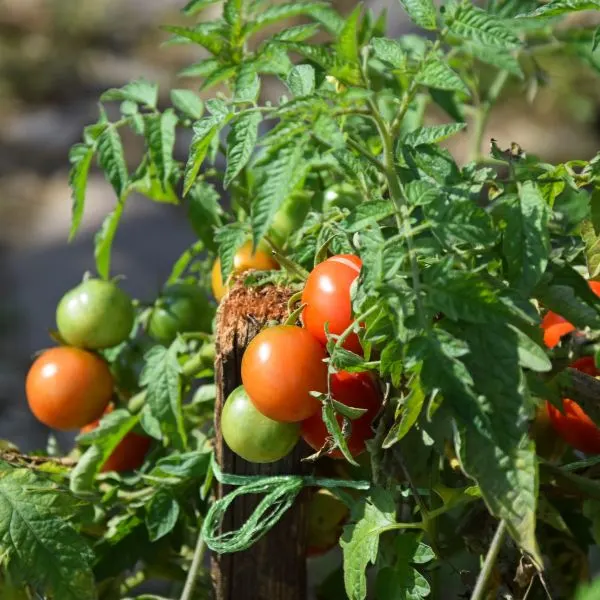
Fennel’s roots emit a chemical that prevents tomato plant development. This secretion also has an impact on many other garden plants. However, some gardeners use Fennel to control aphid infestations. So, if you plant Fennel next to tomatoes, it may impede their development.
Common questions about Fennel
Where should I put Fennel in my garden?
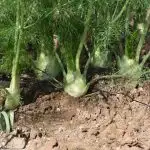
Fennel is a sun-loving plant; as a result, ensure that it receives a minimum of 6 hours of sunshine every day after the final spring frost, plant fennel. This plant can withstand mild frosts, although it needs protection while young.
Can you plant Fennel next to flowers?
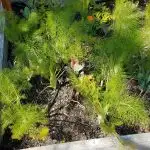
Fennel attracts ladybugs (Bronze fennel is the favorite host plant for swallowtail butterflies), which keep aphids at bay. Consider growing Fennel beside your roses. In general, there are no severe pest or disease concerns with Fennel.
Does Fennel spread in the garden?
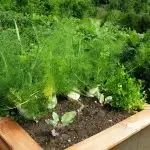
It reseeds easily, and although it is not considered invasive, it has definitely earned its reputation for aggressive growth. Fennel may be pruned early in the season to promote bushier growing, and it should be deadheaded to allow for seed collection and to avoid over seeding of new plants.
Should you cut back Fennel?
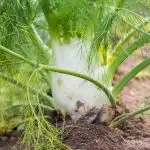
Fennel is a hardy perennial plant that dies back to the ground in the winter. When this occurs, clean up the plants by pruning flower stalks and removing dead or decaying foliage.
Does Fennel come back year after year?
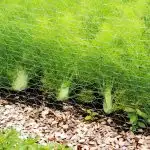
Fennel is a short-lived perennial; it will return year after year. The plants, however, will only live 3-4 years before needing to be replaced. Because fennel bulbs are plucked whole for culinary purposes, they are planted as annuals.
Why did my Fennel not form a bulb?
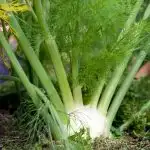
If you planted Fennel, but it isn’t producing bulbs, you probably planted it too late. If you plant as the summer days lengthen and temperatures rise, the plant will most likely bolt. If you have blooms but no bulb and the weather is warm, this might be the cause.
How do you harvest Fennel, so it keeps growing?
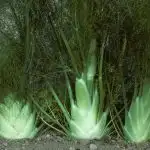
To harvest Fennel, cut the bulb 2 to 3 inches below the soil surface with a sharp knife or garden shears. Alternatively, pick up the whole plant and then cut the roots out.
Why is fennel a bad companion plant?
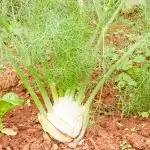
Fennel is considered a bad companion plant because it can inhibit the growth of other plants by releasing chemicals through its roots that inhibit the growth of nearby plants. Additionally, it can attract pests and diseases that may harm other plants in the garden.
How far away from other plants should you plant fennel?
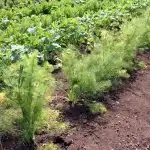
It is recommended to plant fennel at least 2-3 feet away from other plants, to avoid the release of chemicals that can inhibit the growth of nearby plants. It’s best to plant it in a location where it can get full sun and has well-drained soil.
What should not be planted near fennel?
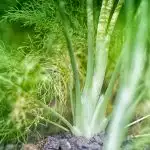
Fennel can be paired with a variety of plants in the garden, as long as they are not from the Apiaceae family.
Wrapping up
Fennel is a species of flowering plant in the carrot family, and in this Article, we have been able to look into Six (6) Good Companion plants for Fennel and Twelve (12) Bad Companion plants for Fennel.
The fennel bulb contains a lot of vitamin C. Vitamin C is the body’s major water-soluble antioxidant, capable of neutralizing free radicals in all of the body’s watery habitats.
The fennel bulb is a great source of vitamin C , the body’s major water-soluble antioxidant, which can neutralize free radicals in all of the body’s watery habitats.
Fennel bulb may also assist in lowering cholesterol levels since it is high in fiber. Fennel bulbs may also help prevent colon cancer because fiber eliminates possibly carcinogenic chemicals from the colon.
Fennel has been demonstrated to aid digestion by lowering intestinal inflammation and germs that produce gassiness.
Fennel can withstand mild frosts but can only survive the winter outdoors (if the bulb was not harvested) in zones 6-10. You can Plant in a sunny location for the greatest results. Remember that Fennel is a Mediterranean crop, a cool-weather, short-lived perennial that is often planted as an annual.
More companion plant articles
